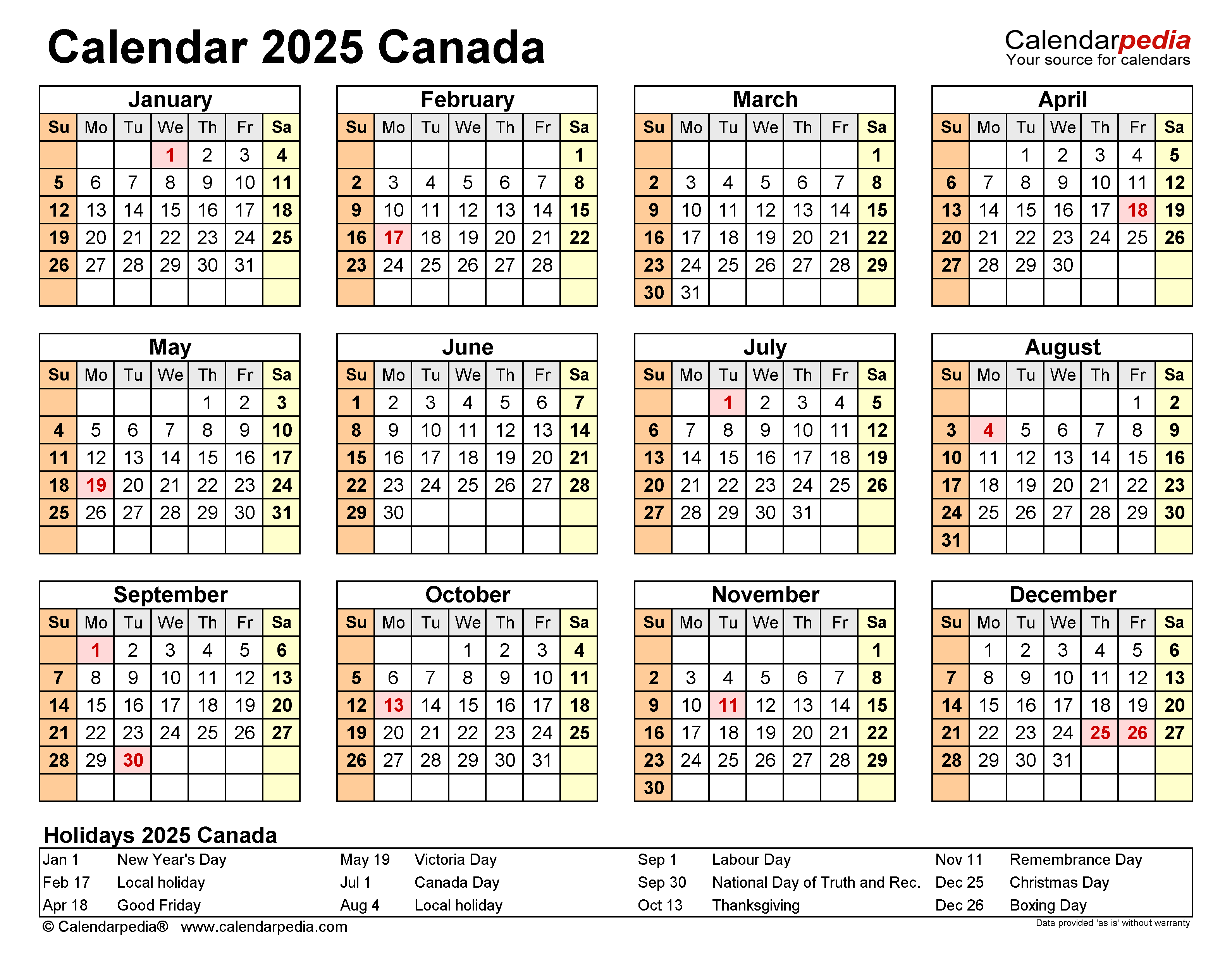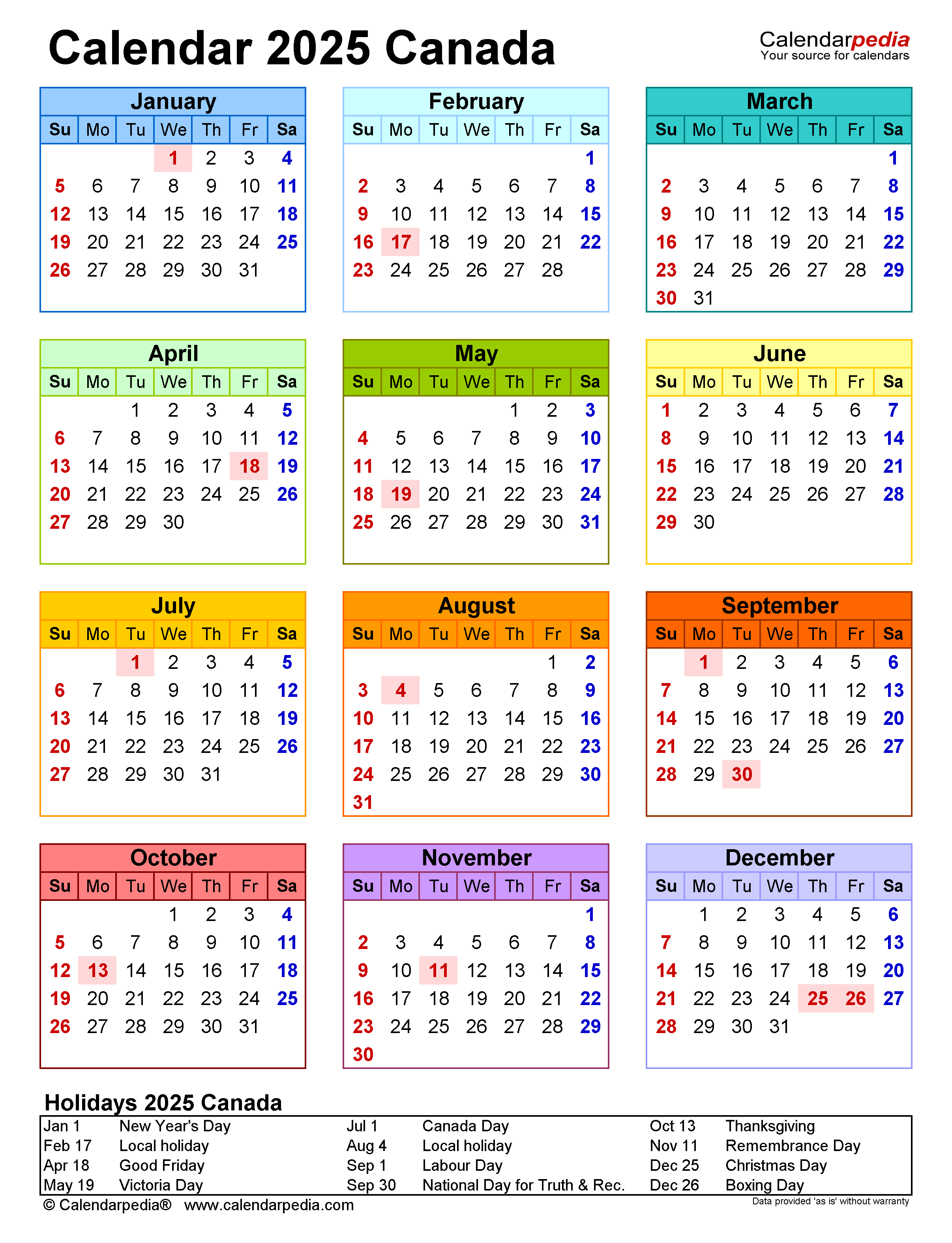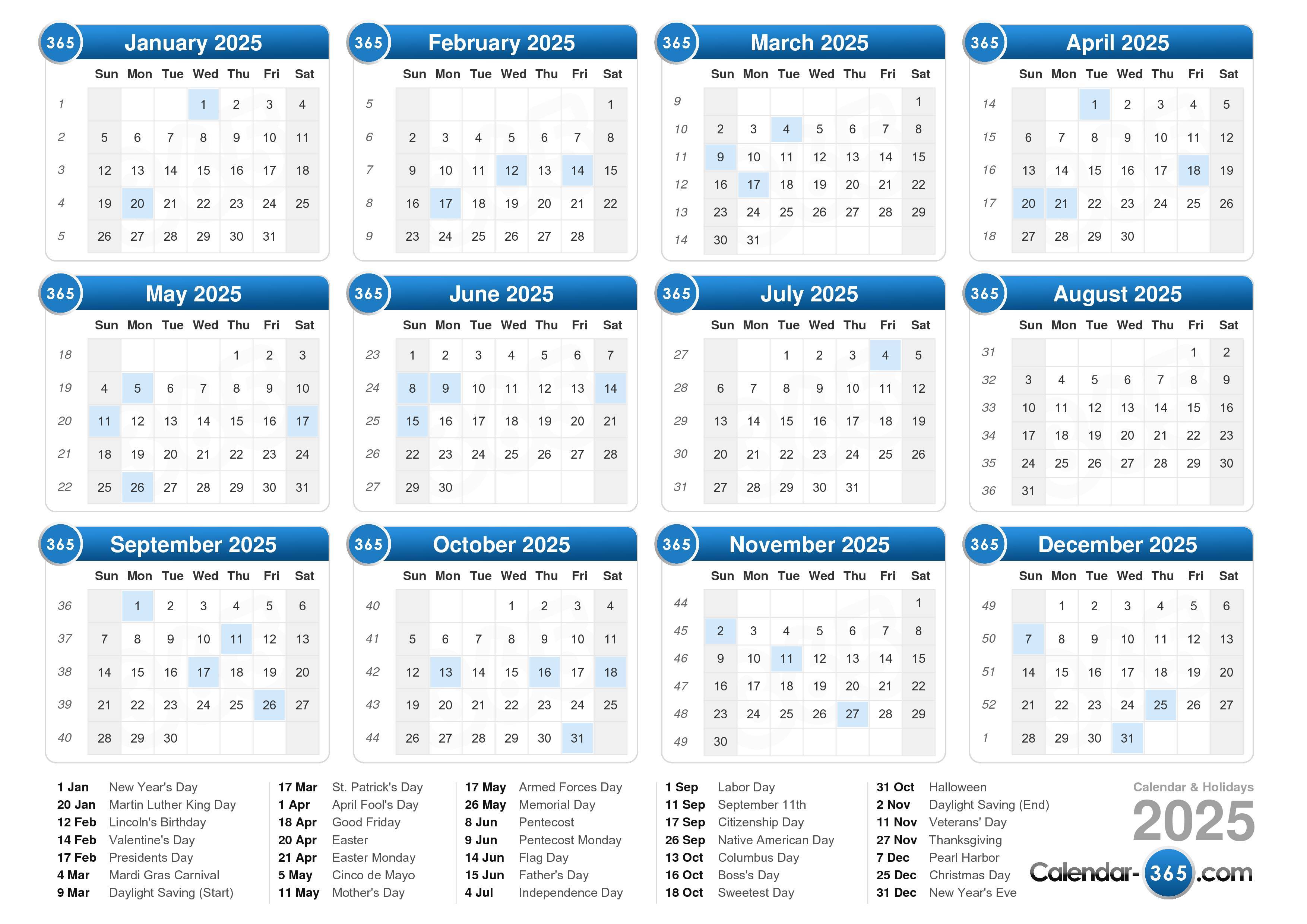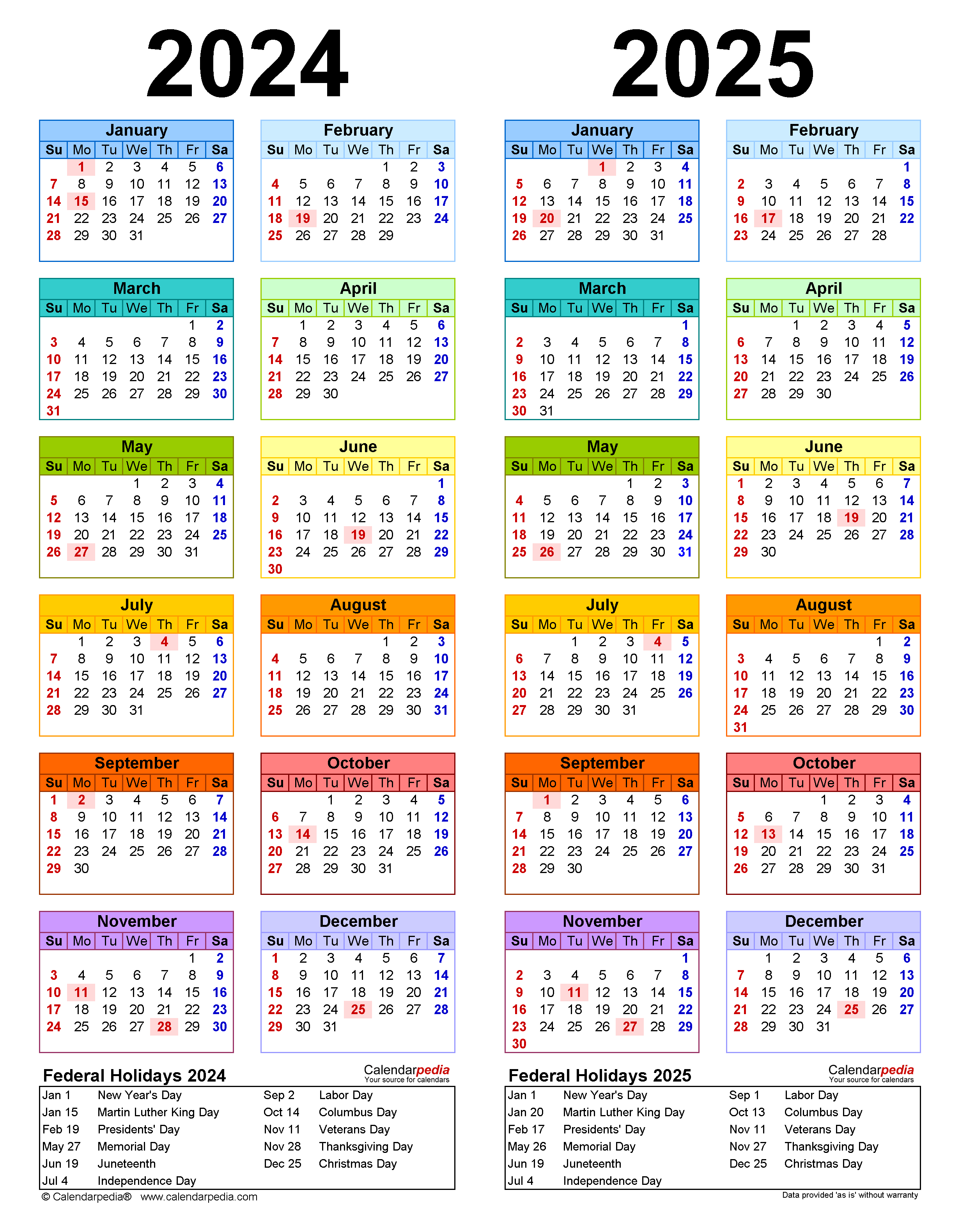The 2025 BC Calendar: A Comprehensive Overview
The 2025 BC Calendar: A Comprehensive Overview
Related Articles: The 2025 BC Calendar: A Comprehensive Overview
- Creating A Comprehensive Calendar For 2025 In Excel With Indian Holidays
- January 2025 Calendar: A Comprehensive Overview
- 2025 Yearly Calendar (Starting On Monday)
- Lunar Calendar October 2025
- Calendario In PDF 2025: A Comprehensive Guide
Introduction
In this auspicious occasion, we are delighted to delve into the intriguing topic related to The 2025 BC Calendar: A Comprehensive Overview. Let’s weave interesting information and offer fresh perspectives to the readers.
Table of Content
Video about The 2025 BC Calendar: A Comprehensive Overview
The 2025 BC Calendar: A Comprehensive Overview

The 2025 BC calendar, also known as the Egyptian Solar Calendar, is one of the oldest known calendars in the world. It was developed by the ancient Egyptians around 4,000 years ago and remained in use for centuries. This calendar was based on the solar year, which is the time it takes for the Earth to orbit the Sun.
Structure of the Calendar
The 2025 BC calendar consisted of 365 days, divided into 12 months of 30 days each. There was also an additional five-day period at the end of the year, which was not considered part of any month.
Each month was divided into three weeks of 10 days each. The days were numbered from 1 to 10 within each week. The five-day period at the end of the year was known as the "epagomenal days" and was considered a time of celebration and religious festivals.
Months of the Year
The 12 months of the 2025 BC calendar were named after various deities and natural phenomena:
- Thoth
- Paophi
- Athyr
- Choiak
- Tybi
- Mechir
- Phamenoth
- Pharmouthi
- Pachons
- Payni
- Epiphi
- Mesore
Seasons and Festivals
The 2025 BC calendar was closely aligned with the agricultural cycle and the changing seasons. The beginning of each month marked the start of a new season:
- Akhet (Flood Season): Thoth, Paophi, Athyr
- Peret (Growing Season): Choiak, Tybi, Mechir
- Shemu (Harvest Season): Phamenoth, Pharmouthi, Pachons
- Summer (Epagomenal Days): Payni, Epiphi, Mesore
Various festivals and religious celebrations were held throughout the year, often coinciding with the start of a new season or the epagomenal days.
Lunar Cycle
While the 2025 BC calendar was primarily based on the solar year, it also took into account the lunar cycle. The ancient Egyptians observed the phases of the moon and used them to determine the start of each month.
The lunar month was approximately 29.5 days long, which meant that the solar year was slightly longer than 12 lunar months. To compensate for this difference, the Egyptians added an extra month to the calendar every few years. This intercalary month was inserted between the months of Mesore and Thoth.
Significance and Legacy
The 2025 BC calendar was a remarkable achievement for its time. It allowed the ancient Egyptians to accurately track the passing of time and plan their agricultural activities. It also played a significant role in their religious and cultural practices.
The calendar’s influence extended beyond Egypt. It was adopted by other civilizations in the ancient world, including the Greeks and Romans. The Gregorian calendar, which is still in use today, is ultimately derived from the 2025 BC calendar.
Modern Relevance
The 2025 BC calendar remains an important historical document, providing insights into the scientific and cultural achievements of the ancient Egyptians. It also serves as a reminder of the importance of calendars in organizing human society and understanding our place in the natural world.
Conclusion
The 2025 BC calendar was a sophisticated and enduring timekeeping system that played a vital role in the development of ancient Egyptian civilization. Its legacy continues to this day, shaping our understanding of time and the calendar.








Closure
Thus, we hope this article has provided valuable insights into The 2025 BC Calendar: A Comprehensive Overview. We thank you for taking the time to read this article. See you in our next article!